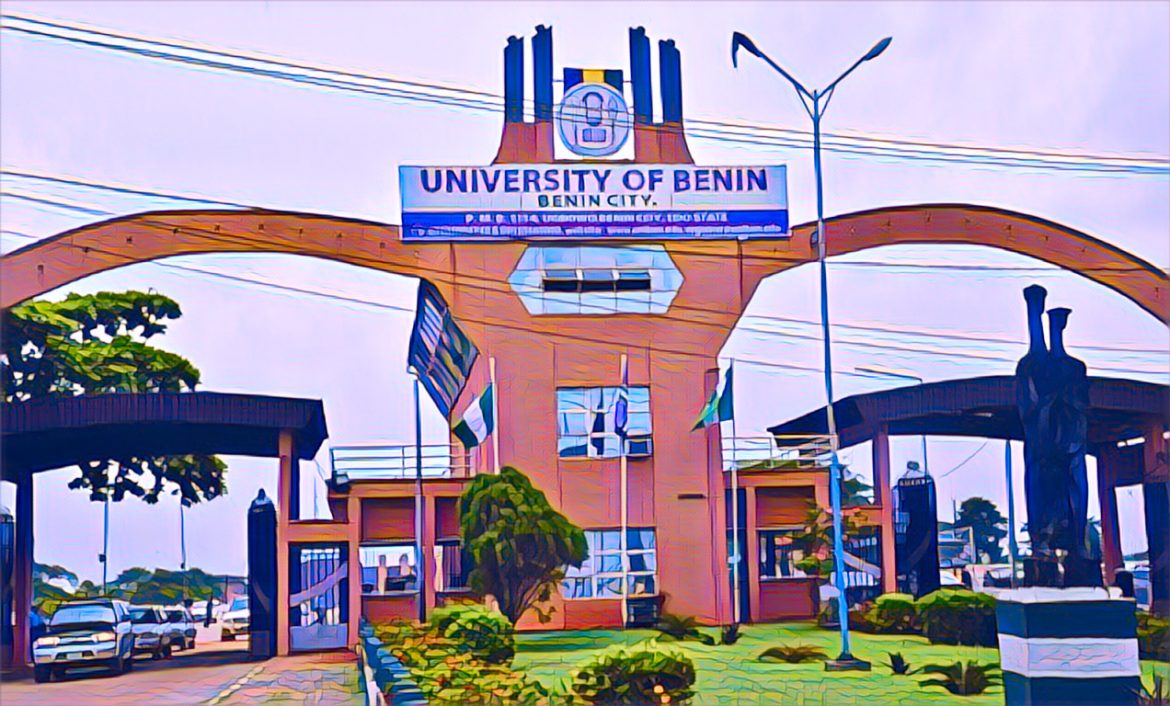Key Points
-
UNIBEN exam ban impacts 5,000 students for unpaid tuition fees.
-
Students protest loudly, blaming harsh economic realities and inflation.
-
University insists tuition fees remain vital for operations and stability.
The University of Benin has stopped about 5,000 students from taking their second-semester tests because they didn’t pay their school fees. The school says it sent out several notices and even told students to apply for a government loan, but the students who didn’t pay didn’t respond.
The university used its long-standing “no payment, no exam” rule in a memo signed by Registrar Ademola Bobola. He said that deans, heads of department, and provosts would publish lists of people who hadn’t paid before the exam day, giving students one last chance to pay. Bobola also said that students had not signed up for the Nigerian Education Loan Fund (NELFUND) program, which the school had suggested as another option.
Ban on UNIBEN exams for unpaid fees
Professor Lilian Imuetinyan Salami, the Vice-Chancellor, defended the choice by saying that costs were going up and state funding was going down. She stressed that money from school fees is needed to pay teachers, keep labs running, and keep utilities running. Bobola also said that the Senate had told provosts and faculty heads to put up the names of people who didn’t pay by 8 a.m. Monday.
Student union leaders and the National Association of Nigerian Students (NANS) quickly called the ban harsh. They say that a lot of students can’t pay because of Nigeria’s high inflation and widespread economic problems. Maryam Adewale, a student leader, said the move was punishing the weak. She said that some of the people who didn’t pay were seniors who can’t graduate without taking tests.
Students told to use NELFUND
According to a report by the Punch news, Bobola said that not paying was not because they didn’t know about it; the university had repeatedly advertised the NELFUND loan option and told people who couldn’t pay to apply. But he said that not many people were interested. He also said that the university had turned down many requests for waivers because too many students defaulting could put the institution’s stability at risk.
A task force headed by Deputy Vice-Chancellor (Academic) Professor Joseph Osang was sent out to make sure everyone followed the rules. That group is supposed to keep an eye on payments and make sure that only students who have paid their fees can take the tests.
What this means for access and fairness
Some parents are worried that enforcing these bans will make Nigeria’s higher education crisis even worse. They say that students from families with less money might have to drop out completely. Education economists say that all public universities in the country are facing the same financial problems: federal funding has gone down while costs of running the schools have gone up.
UNIBEN could face backlash for leaving out 5,000 students, but the university says it has no other choice. The ban is still in place for now, and a lot of students are nervously waiting to see if making their last payments or taking out loans will let them take their exams again.


